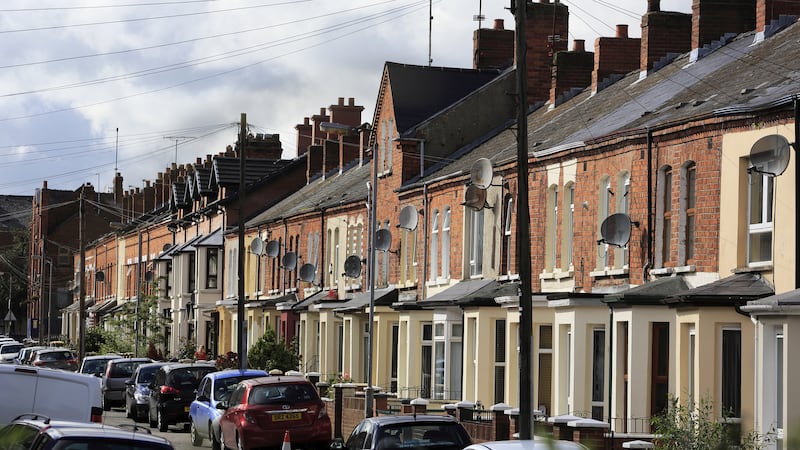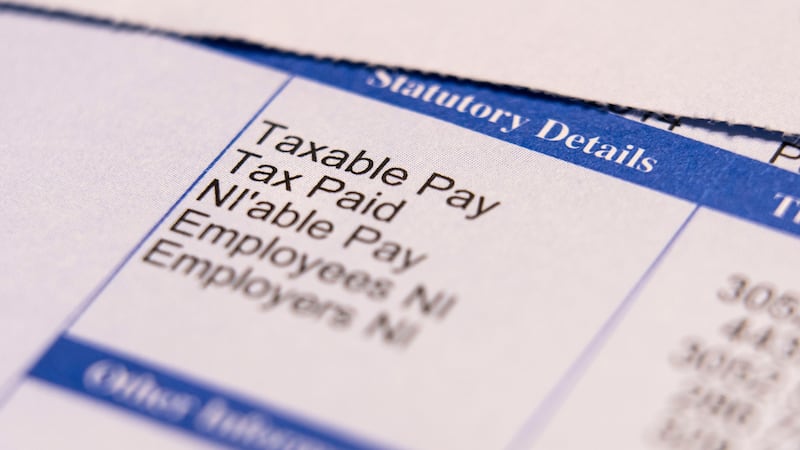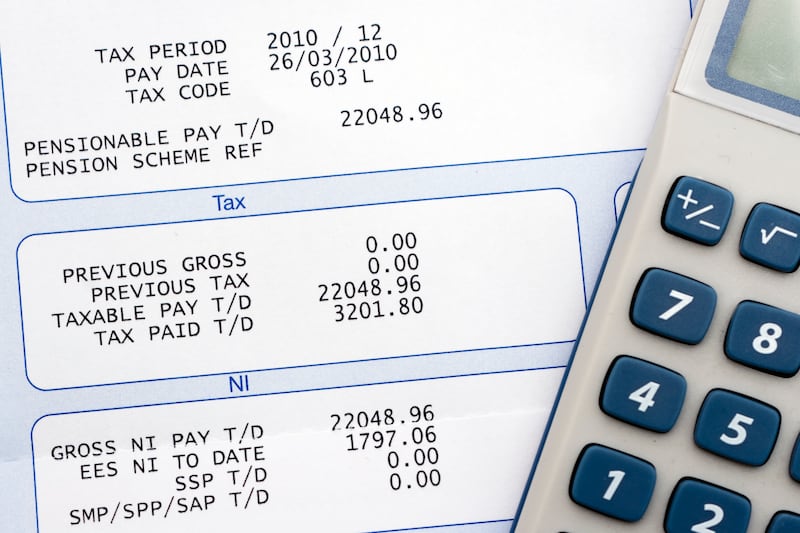QUESTION: I have a number of buy-to-let properties that I am thinking of selling. These were bought a long time ago and they are worth substantially more now than when they were purchased. What tax will I pay on the sale of these properties?
ANSWER: The taxable gain on the sale of residential property in the 2023/24 tax year is subject to tax at 18% and/or 28% dependent of the taxable income of the individual.
Following the recent Spring Budget announcement, from 6 April 2024, the higher tax rate on the sale of a residential property will reduce from 28% to 24%.
The budget announcement therefore represents a 4% reduction in the top rate of capital gains tax (CGT) for residential property.
It may be worth noting that the relevant date for CGT on residential property sales is the date that contracts are exchanged on the property.
The above reduction will therefore only apply to properties that exchange on or after 6 April 2024, and not properties that exchange before this time but complete afterwards.
The lower rate of CGT for residential properties remains unchanged at 18%, as does the rates for non-residential properties at 10% for gains within the basic rate band and 20% above this level.
The chancellor had previously resisted pressure to increase the CGT rates in favour of reducing the annual exemption instead.
This reduced the amount of capital gains permitted before CGT becomes payable, which was £12,300 in 2022/23, to £6,000 for 2023/24 and reducing further to £3,000 for 2024/25.
Whilst the reduced allowances will result in more gains coming into the scope of tax, the giveaway in the Budget may soften the amount of CGT payable on residential property gains.
The announcement in the budget does not impact the application of private residence relief to effectively relieve some or all of the gain where the property has been the main residence of the individual for some or all of the period for which they have owed the property and this needs borne in mind for any residential disposals.
With the property market slowing in recent times, it is therefore hoped that the reduction in CGT will stimulate the property market and encourage the sale of second homes, buy-to-let and other residential properties that may be sitting on capital gains and not benefitting from full main residence exemptions.

- Malachy McLernon (m.mclernon@fpmaab.com) is partner at FPM Accountants Ltd (www.fpmaab.com). The advice in this column is specific to the facts surrounding the question posed. Neither the Irish News nor the contributors accept any liability for any direct or indirect loss arising from any reliance placed on replies








